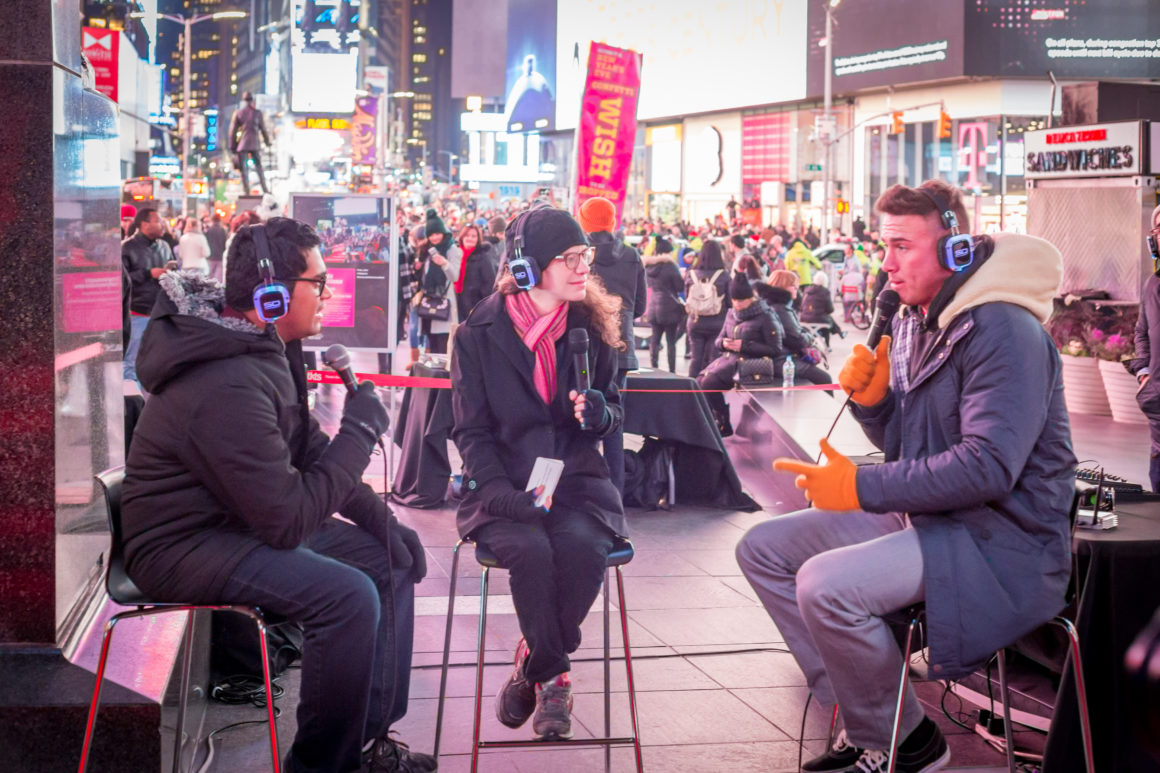
This past December, in response to the divisions revealed by the presidential election, we launched Crossroads Conversations on the Red Steps in Times Square. The program, which has since become a multipart series, invited people from all walks of life and political convictions to engage in a ten-minute conversation with a stranger. One participant, a young firefighter from New Orleans, introduced himself with, “I’m a Trump guy.” When the topic of climate change arose, his response was, “It’s undeniable. When you walk outside in Louisiana, you know this isn’t right.”
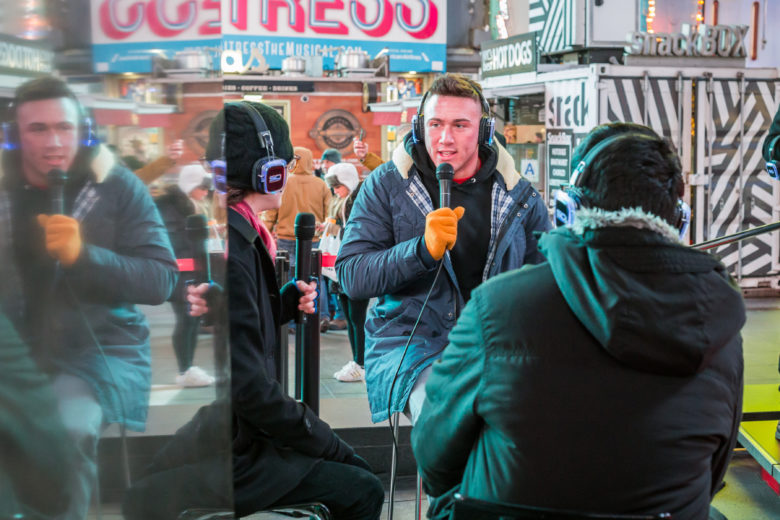
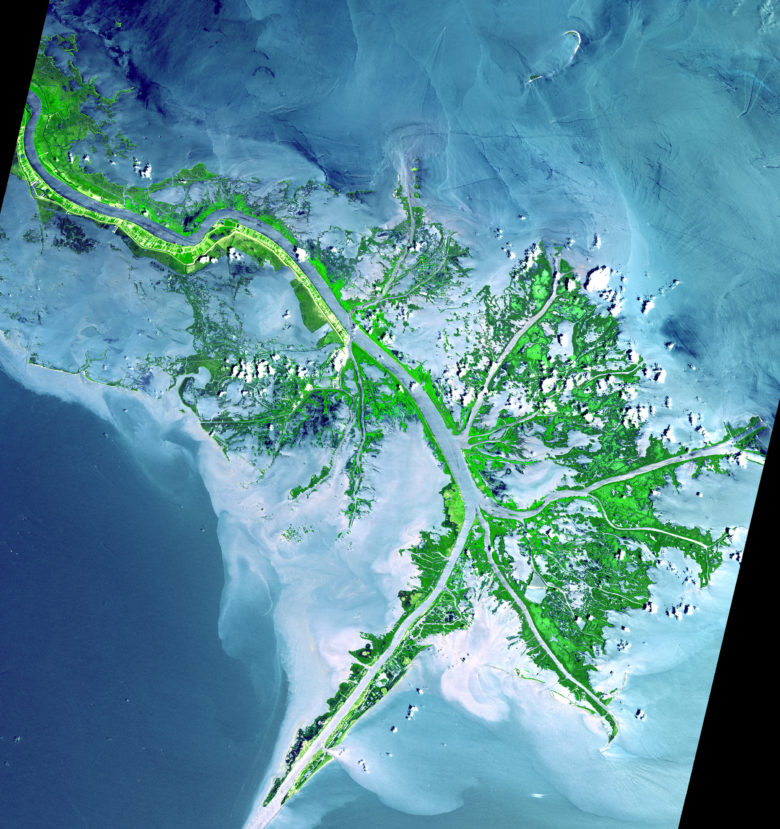
He continued to rattle off statistics about the escalating global temperature, emphasizing the need to address climate change on an international level. Though only a brief moment at the “Crossroads of the World,” the conversation highlighted how the broader national belief in the reality of climate change and faith in science, particularly among younger generations, can overcome last week’s decision to pull out of the Paris Climate Accords amid ongoing partisan divide. We can envision a future in which climate change is no longer a politicized issue, in the same way the issue doesn’t divide populations in other countries, where scientific research is the foundation of collective goals.
Van Alen Institute’s work in the young firefighter’s home state of Louisiana has renewed our commitment to developing projects that address climate change issues in communities around the world. In that particular region, we served as a key partner with the Environmental Defense Fund and BuroHappold Engineering on Changing Course, a design competition that launched in 2011 to envision a more sustainable Lower Mississippi River Delta; the competition’s findings are now informing regional master plans. Of course, our approach to climate change goes far beyond the Gulf Coast.
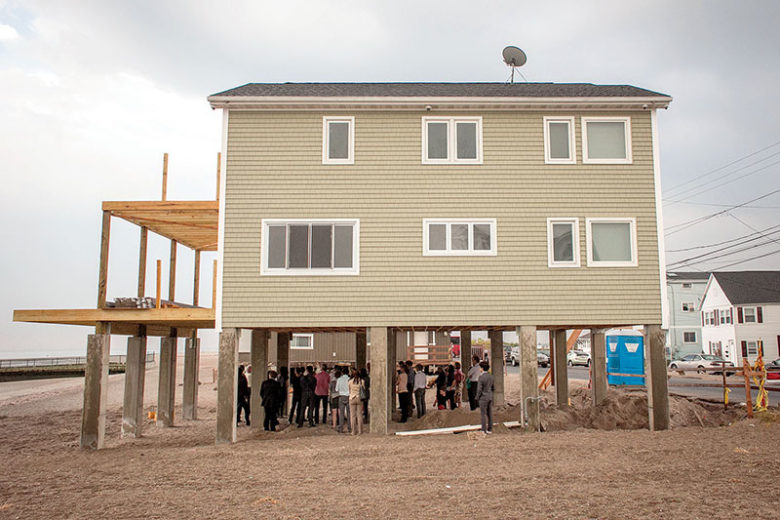
Back in our own region, we served as a lead partner on Rebuild by Design, an initiative of President Obama’s Hurricane Sandy Rebuilding Task Force and the U.S. Department of Housing and Urban Development to address the structural and environmental vulnerabilities that Hurricane Sandy exposed in communities throughout the region, and develop fundable solutions to better protect residents from future climate events.
We invite you to browse all of our climate-related work here.
The firefighter who participated in Crossroads Conversations voiced a frustration that many of us are feeling now: Observing the daily manifestation of scientifically proven climate change, and not knowing what to do next.
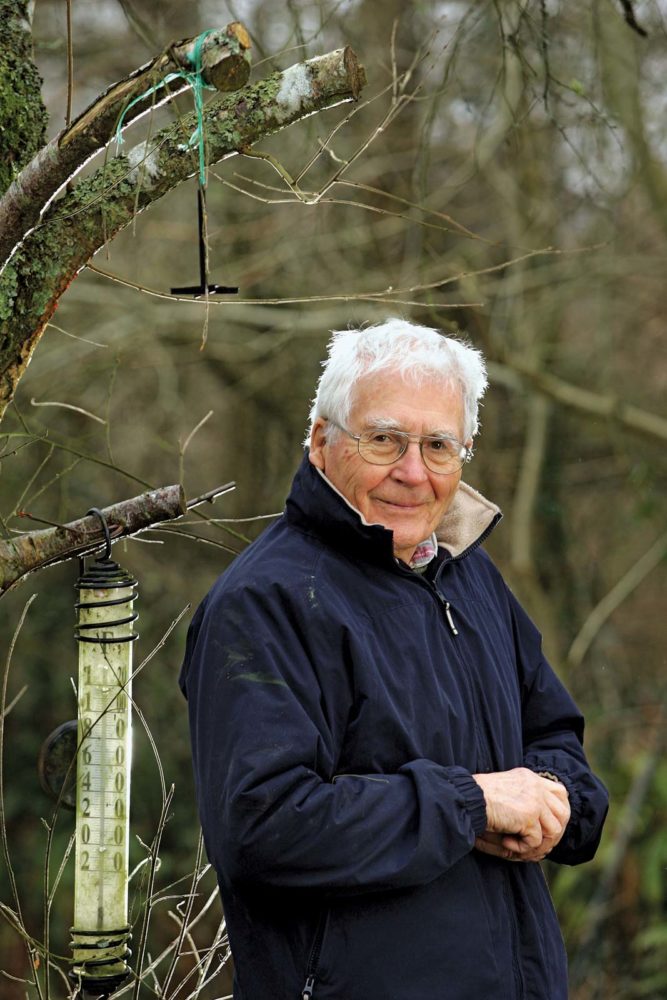
Indeed, in times of rapid change and political uncertainty, it’s tempting to feel paralyzed. As an antidote, here’s a story from a conversation we had last year with British scientist James Lovelock about his discovery of the hole in the ozone layer and efforts to galvanize the international community to respond to a mounting climate crisis.
Now in his late nineties, Lovelock has been warning the public about the threat of climate change for decades. When we asked him about the continued partisan debate over the issue, he admitted that he doesn’t foresee a way to stop the progression of climate change, and that his intuition is to enjoy the environment while we still can. Instead of succumbing to fear and inaction in the aftermath of last week’s decision, we can learn from Lovelock’s advice: Find joy and maintain optimism as we continue to create solutions to our current challenges.
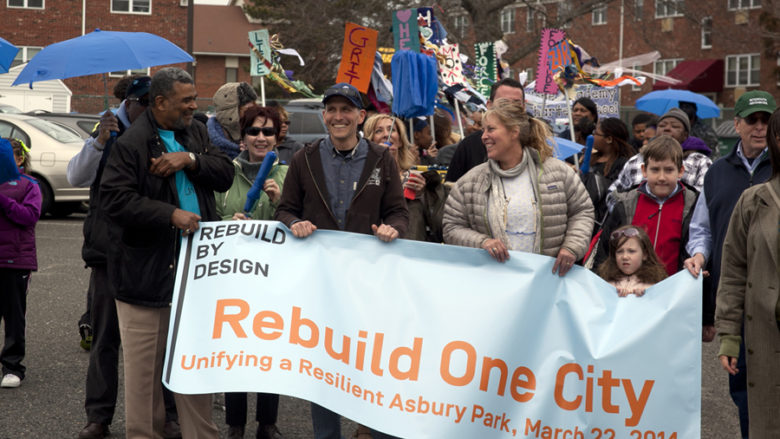
Through our projects in vulnerable areas of the planet, we’ve witnessed the devastating effects of climate change. We’ve also observed firsthand the willingness—and even enthusiasm—achieved when communities come together around the same table, no matter their partisan divides, to develop creative solutions for protecting their cities, so that they too can find continued joy in their natural environments.
Our hope is that this camaraderie is contagious and can spread nationally and internationally, no matter the political climate.
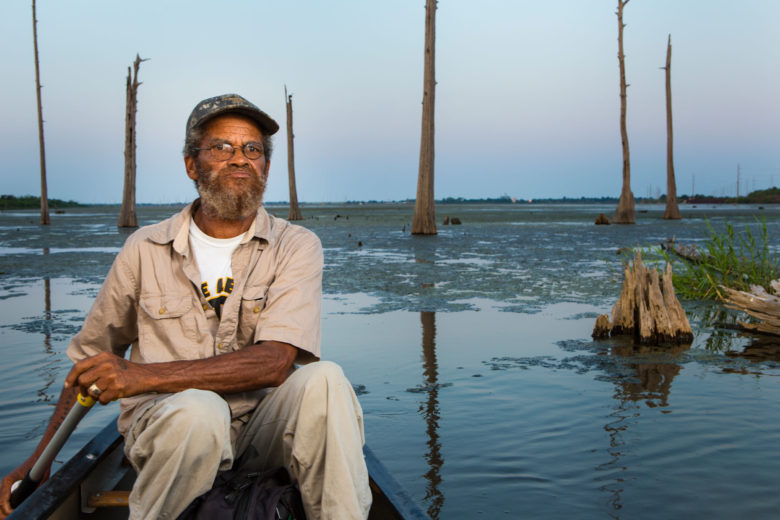
Working harder and maintaining an unyielding conviction in the value of climate science is only possible when we take Lovelock’s advice, and keep that flame of wonder for the natural world burning within us. Next, follow that young firefighter’s example: Speak out when you know something “isn’t right,” cite scientific facts, and take the conversation to a global stage.